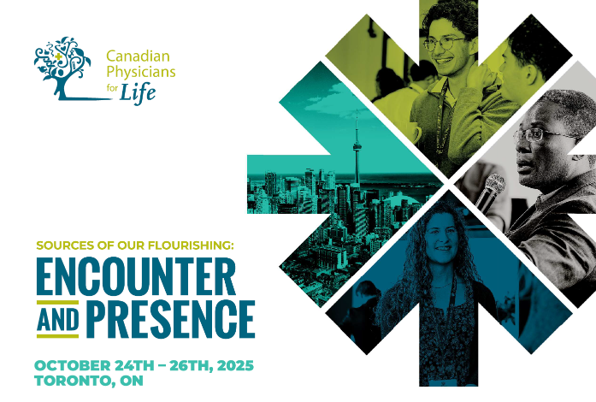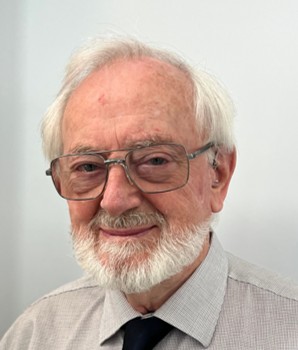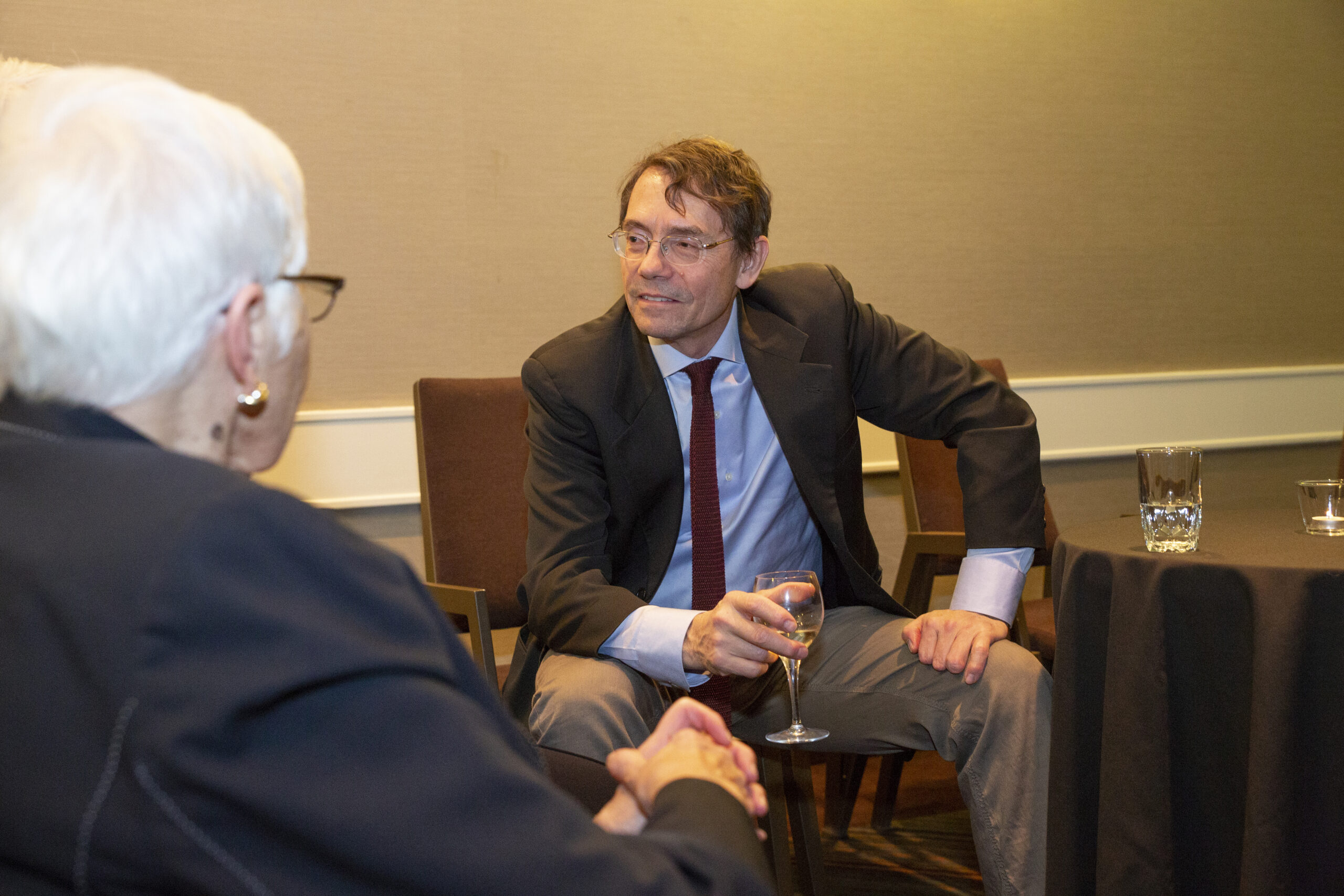
Our cautious start to assisted suicide is now an accelerating drive toward death-on-demand
“The irony is that the very foundation of the Supreme Court’s decision in Carter was that there was no such slippery slope. Perhaps assisted suicide, once legalized, might have spread and metastasized in other countries, barbaric places such as Belgium and the Netherlands, to include children, people suffering depression, prisoners serving life sentences, and so on – but that, the Court was certain, could not happen here. The evidence was “anecdotal.” The “medico-legal culture” was altogether different.”
Respected journalist Andrew Coyne outlines our very own Canadian slippery slope.
Physicians should not be forced to make assisted-death referrals
Bill C-7, passed by the House of Commons and now in front of a Senate committee, raises even more ethical challenges than the original legislation. Doctors who object should not be compelled to support it.
Physicians Thomas Bouchard, Ramona Coelho and Leonie Herx speak about the real need for the protection of conscience in assisted-death referrals.
How Bill C-7 will sacrifice the medical profession’s Standard of Care
Amendments to assisted dying laws are a stunning reversal of the central role of the medical and legal concept of the standard of care.
Legal experts Trudo Lemmens and Mary Shariff and physician Leonie Herx lay out the troubling case.
MAID for mental illness opens dangerous doors
Some argue that prohibiting access to MAID for mental illness is unconstitutional and discriminatory. Unfortunately, that claim is based on a superficial notion that anything being treated differently reflects undue discrimination. In reality, significant differences exist between illnesses that are mental in nature and those that are physical, such that removal of this prohibition would be more than merely discriminatory, it will be fatal for those who most need protection and care within a protective legal framework.
Psychiatrists K. Sonu Gaind and Sephora Tang set out the problems with removing the protective legal framework for those suffering from mental illness.
Mental illness should never be a death sentence
The Canadian Mental Health Association (CMHA) is urging MPs to vote against the amendments made by the Senate to C-7. In particular, the clause to start the clock on eventually allowing people to seek medical assistance in dying (MAID) with mental illness as a sole underlying cause.
Margaret Eaton the National CEO of the Canadian Mental Health Association sets out all the reasons why medically assisted-death is not appropriate.
MAID for mental illness is grave discrimination
Canada will soon provide nondying, marginalized and potentially suicidal people premature (and cost-effective) deaths, based on unscientific medical assessments, when they may have gotten better.
Psychiatrist K. Sonu Gaind warns of the grave discrimination inherent in the proposed expansion of MAiD.
Lack of evidence-based medicine in debate around new MAID law should concern Canadians
The key point is that one could devise a study to examine each concern according to usual standards of scientific rigour. It’s just that some people supporting this legislation don’t seem to think that is necessary or worth doing.
Psychiatrist Dr. Mark Sinyor points out that in medicine we quantify the harms of new treatments before deciding whether it is acceptable to use them. Such is not the case with MAiD expansion.
Trudeau government should rethink its flawed changes to assisted dying
The Toronto Star Editorial Board calls on the government to rethink its approach, saying
“All this is a far cry from what most people accepted as a valid, indeed compassionate, reason for legalizing assisted suicide back in 2016. And none of it has been as fully aired as it would be — and should be — if the pandemic wasn’t dominating almost every public moment.”
When suicide masquerades as health care
Raymond J. de Souza notes the trend increasing in the medical community, to make MAID a option of first resort, rather than last. That’s why the disabled community is aghast at C-7. One parliamentary witness testified that she was asked to consider MAID when she had a very treatable case of pneumonia — and she was in her 20s! Far from extreme cases in close proximity to death, the changing medical culture offers patients a lethal injection alongside other treatment options, as if being helped to die is equivalent to being helped to live.
You Might Also Like
Follow US:




